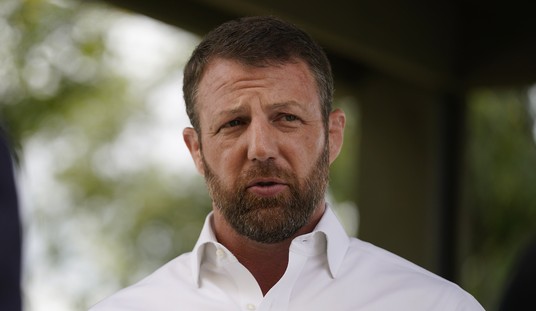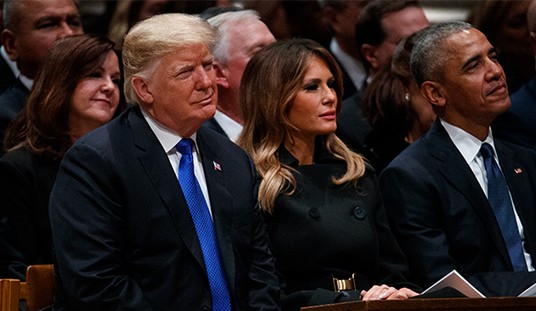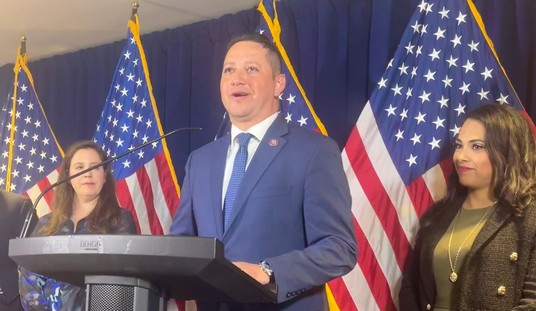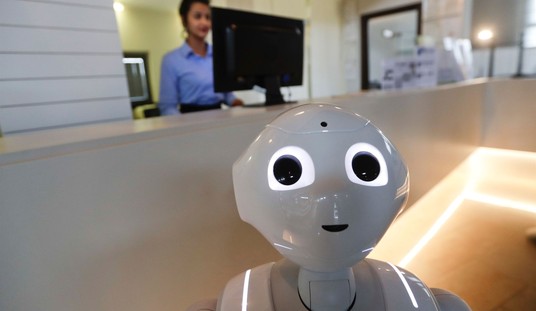They have always said that Socialism was perpetually just one more execution away from perfection, now it looks that a traffic accident might be just as good as a firing squad.
Much has been said about the ways we expect our oncoming fleet of driverless cars to change the way we live—remaking us all into passengers, rewiring our economy, retooling our views of ownership, and reshaping our cities and roads.
They will also change the way we die. As technology takes the wheel, road deaths due to driver error will begin to diminish. It’s a transformative advancement, but one that comes with consequences in an unexpected place: organ donation.
…
It’s morbid, but the truth is that due to limitations on who can contribute transplants, among the most reliable sources for healthy organs and tissues are the more than 35,000 people killed each year on American roads (a number that, after years of falling mortality rates, has recently been trending upward). Currently, 1 in 5 organ donations comes from the victim of a vehicular accident. That’s why departments of motor vehicles ask drivers whether they want to be donors.
It’s not difficult to do the math on how driverless cars could change the equation. An estimated 94 percent of motor-vehicle accidents involve some kind of a driver error. As the number of vehicles with human operators falls, so too will the preventable fatalities. In June, Christopher A. Hart, the chairman of the National Transportation Safety Board, said, “Driverless cars could save many if not most of the 32,000 lives that are lost every year on our streets and highways.” Even if self-driving cars only realize a fraction of their projected safety benefits, a decline in the number of available organs could begin as soon as the first wave of autonomous and semiautonomous vehicles hits the road—threatening to compound our nation’s already serious shortages.
This is nuts.
First and foremost, organ transplantation is a legacy technology. While we have done amazing things in thwarting the rejection rate of transplanted organs up to 60 months, the picture beyond 60 months is not moving and, in fact, doesn’t look much better today than it did 40 years ago. The anti-rejection drugs are powerful and carcinogenic. They inevitably destroy the liver and kidneys. The natural immune system must be suppressed to prevent rejection making the recipient open to all manner of opportunistic infections. There have been some successes in weaning transplant recipients off anti-rejection drugs but none of the methods are usable on a large scale.
The obvious objection to this complaint is that this is less than a zero sum game because a healthy human has to tie in order to marginally extend the life of a very unhealthy human who will, statistically, not have use of the organ for more than about eight years. Then the recipient dies… or another healthy human has to die to provide an organ.
The left has been pushing mandatory organ donation of years. And now it seems to have new life:
So what would an ethical fix to our organ transplant shortage look like? To start, while there’s certainly a place for organ donation markets in the United States, implementation will be understandably slow. There are, however, small steps that can get us closer to a just system. For one, the country could consider introducing a “presumed consent” rule. This would change state organ donation registries from affirmative opt-in systems (checking that box at the DMV that yes, you do want to be an organ donor) to an affirmative opt-out system where, unless you state otherwise, you’re presumed to consent to be on the list. Researchers comparing liver and kidney donation rates in 48 nations found that countries with opt-out systems had higher transplant rates of both organs than those with opt-in systems. Of course, whether drivers opt in or opt out will become less relevant as autonomous vehicles make driving safer.
There are a lot of moral and ethical reason why no society should ever allow organs to be harvested without the expressed consent of the donor (via a living will) or with the informed consent of next of kin. Mandatory systems are always just a hair’s breadth from coercive. In the Netherlands and Belgium the burgeoning euthanasia industry is basically an adjunct to the organ transplant business. In the US cases in which surgeons are over eager to cut up a patient for parts, often ignoring things like “death,” are numerous and occur with regularity (see my post).
There are lots of reasons to be concerned about tons of steel propelled by hundreds of horsepower on our roads controlled by something a prone to failure as a computer. Worrying about living and healthy humans not being killed in sufficient numbers is not one of them.













Join the conversation as a VIP Member